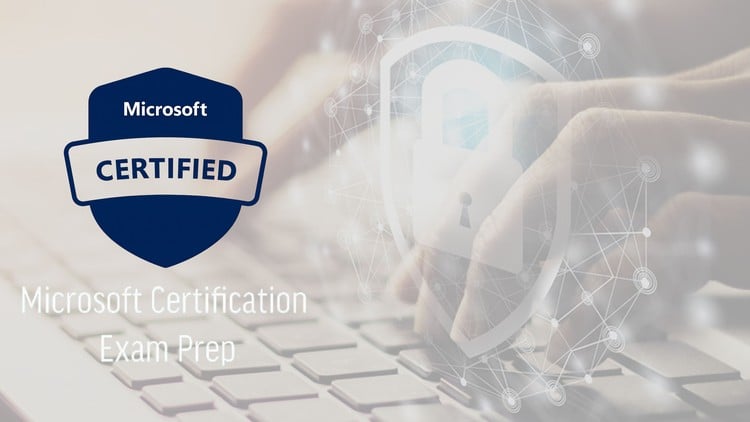
High-quality practice exams to boost confidence, identify weak areas, and prepare you for real test success
👥 31 students
Add-On Information:
Note➛ Make sure your 𝐔𝐝𝐞𝐦𝐲 cart has only this course you're going to enroll it now, Remove all other courses from the 𝐔𝐝𝐞𝐦𝐲 cart before Enrolling!
- Master Core Communication Principles: Gain a deep understanding of analog and digital communication fundamentals, including advanced signal processing, diverse modulation techniques (e.g., ASK, FSK, PSK, QAM), and robust error control coding for reliable system design.
- Explore Network Architectures & Protocols: Comprehend various communication network topologies, the OSI and TCP/IP protocol stacks, and architectures across wired (fiber, DSL) and wireless domains (cellular, Wi-Fi, satellite), discerning their operational characteristics.
- Design RF & Wireless Systems: Learn essentials of Radio Frequency (RF) system design, covering antenna theory, propagation models, transceiver components, critical link budget analysis, and effective interference management in wireless environments.
- Understand Optical Communications: Acquire expertise in optical fiber communication principles, focusing on light propagation, key optical components, DWDM multiplexing, and the design considerations for high-speed optical networks.
- Analyze System Performance: Develop skills to rigorously evaluate communication system performance metrics like SNR, BER, throughput, latency, and reliability, utilizing both analytical methods and simulation tools.
- Implement Advanced Technologies: Investigate and apply contemporary communication technologies, including 5G/6G cellular, Software-Defined Radio (SDR), Network Function Virtualization (NFV), and various Internet of Things (IoT) connectivity solutions.
- Ensure Security & Compliance: Understand critical security challenges within communication systems, studying encryption standards, authentication protocols, and best practices for securing data transmission, network infrastructure, and adhering to industry standards (e.g., IEEE, ITU, FCC).
- Develop Practical & Troubleshooting Skills: Engage in hands-on exercises and case studies, encompassing system modeling, simulation (e.g., MATLAB/Python), basic hardware integration, and systematic troubleshooting for performance optimization.
- PROS:
- Comprehensive Skill Set: Equips you with a holistic understanding of communication systems from foundational theories to cutting-edge technologies.
- Career Advancement: Prepares you for advanced roles in telecommunications, aerospace, defense, and IT sectors.
- Practical Application: Emphasizes real-world problem-solving and hands-on experience, making you job-ready.
- Industry Relevance: Covers current and future trends, ensuring your knowledge remains valuable and up-to-date.
- Certification Focus: The practice exams suggest strong alignment with achieving a valuable industry certification, validating your expertise.
- CONS:
- Demanding Curriculum: Requires significant commitment to master complex technical concepts and practical applications.
Learning Tracks: English,IT & Software,IT Certifications
Found It Free? Share It Fast!